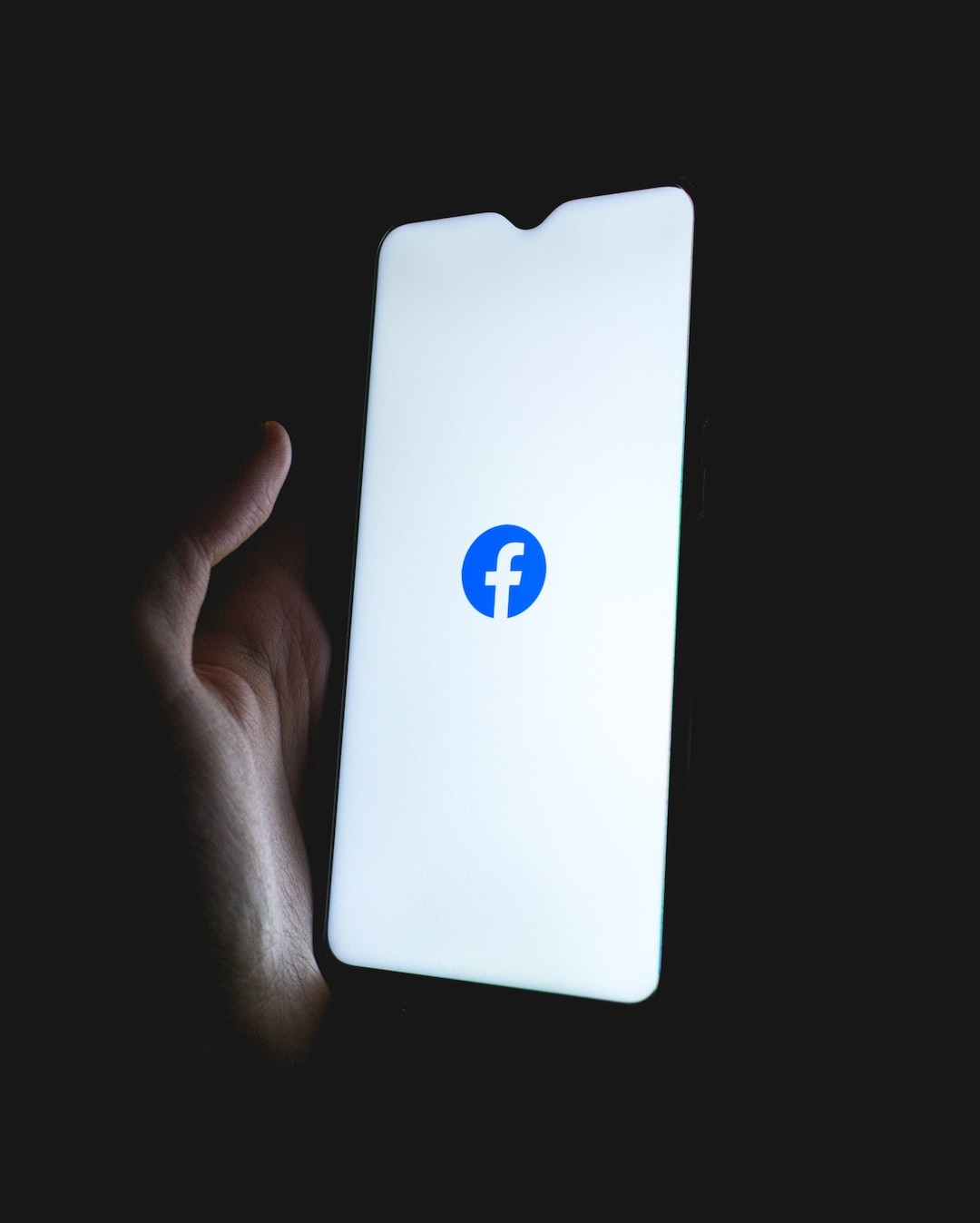The Role of Media in Promoting Education and Lifelong Learning
In today’s digital age, media plays a crucial role in shaping societal perspectives, disseminating information, and connecting people across the globe. One of its essential functions is promoting education and lifelong learning. Through various forms of media, such as television, radio, internet, and social media, individuals can have access to a wide range of educational resources, expand their knowledge, and contribute to their personal and professional growth.
First and foremost, media acts as a window to knowledge and information. It allows individuals, regardless of their geographical location or economic status, to access and learn from a wealth of educational content. With the advent of the internet and digital platforms, academic articles, research papers, books, and lectures are readily available, enabling people to learn at their own pace and convenience.
Moreover, media acts as a catalyst in promoting literacy and critical thinking skills. Educational programs on television and radio, such as documentaries, talk shows, and podcasts, can inspire curiosity and encourage individuals to think critically about various subjects. These programs cover a wide range of topics, including science, history, culture, and current events, enhancing both general knowledge and analytical thinking abilities.
Online platforms and social media communities have also emerged as powerful tools for education. Massive Open Online Courses (MOOCs), online tutorials, and webinars provide individuals with opportunities to learn from experts in various fields. Additionally, online forums and discussion boards allow learners to interact with each other, share insights, and engage in meaningful discussions, fostering a collective learning environment.
Furthermore, media can play a vital role in promoting lifelong learning by offering individuals opportunities for personal growth and development. Many media outlets feature success stories, interviews with accomplished individuals, and articles on personal development. These resources contribute to individuals’ motivation and inspire them to pursue their passions, learn new skills, and achieve their goals throughout their lives.
Media can also bridge the gap between different generations, cultures, and communities, fostering inclusive education and cultural understanding. Television shows, films, and documentaries that portray diverse perspectives facilitate dialogue and empathy among individuals with different cultural backgrounds. This exposure to different cultures and traditions nurtures a sense of appreciation for diversity and promotes global citizenship.
In addition to content, media also has the power to influence public opinion and shape educational policies. Through investigative journalism and deep reporting, media outlets can shed light on important educational issues, such as the quality of schools, access to education, and educational inequalities. By bringing attention to these issues, media can hold policymakers accountable and drive positive changes in educational systems.
However, with the influence and power media possesses, it is crucial to highlight the importance of media literacy. As media consumers, individuals should be equipped with the skills to critically analyze the information they consume, discerning between credible and unreliable sources. Teaching media literacy in schools and integrating it into the education curriculum can empower individuals to make informed decisions and develop a sense of media literacy competency.
In conclusion, media plays an indispensable role in promoting education and lifelong learning. By providing access to a multitude of educational resources and promoting critical thinking, media contributes to personal and professional growth. Through inclusive content and cultural understanding, it also fosters a sense of global citizenship. However, it is important for individuals to develop media literacy skills to navigate and make the most of the vast information available in the media landscape. With media’s continued evolution, its potential to transform education and lifelong learning is vast, and we must embrace its power responsibly.
